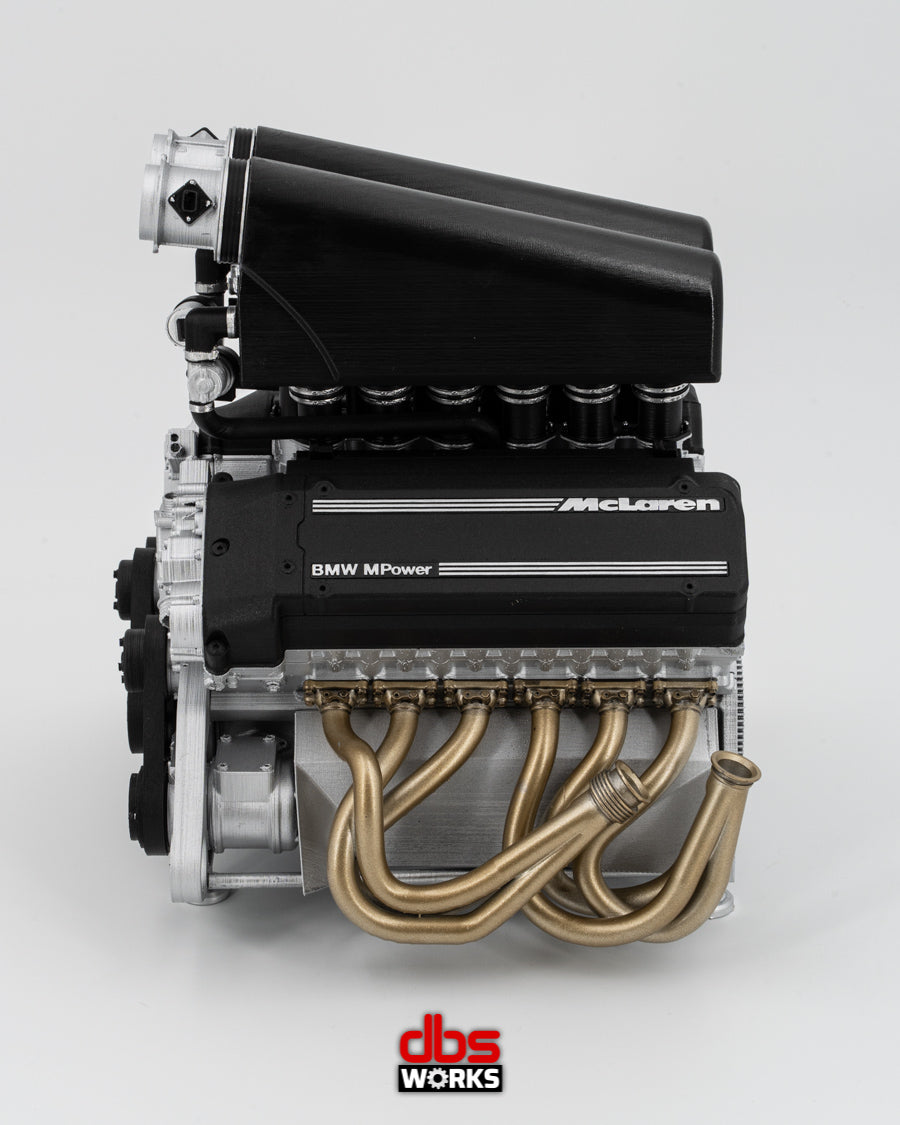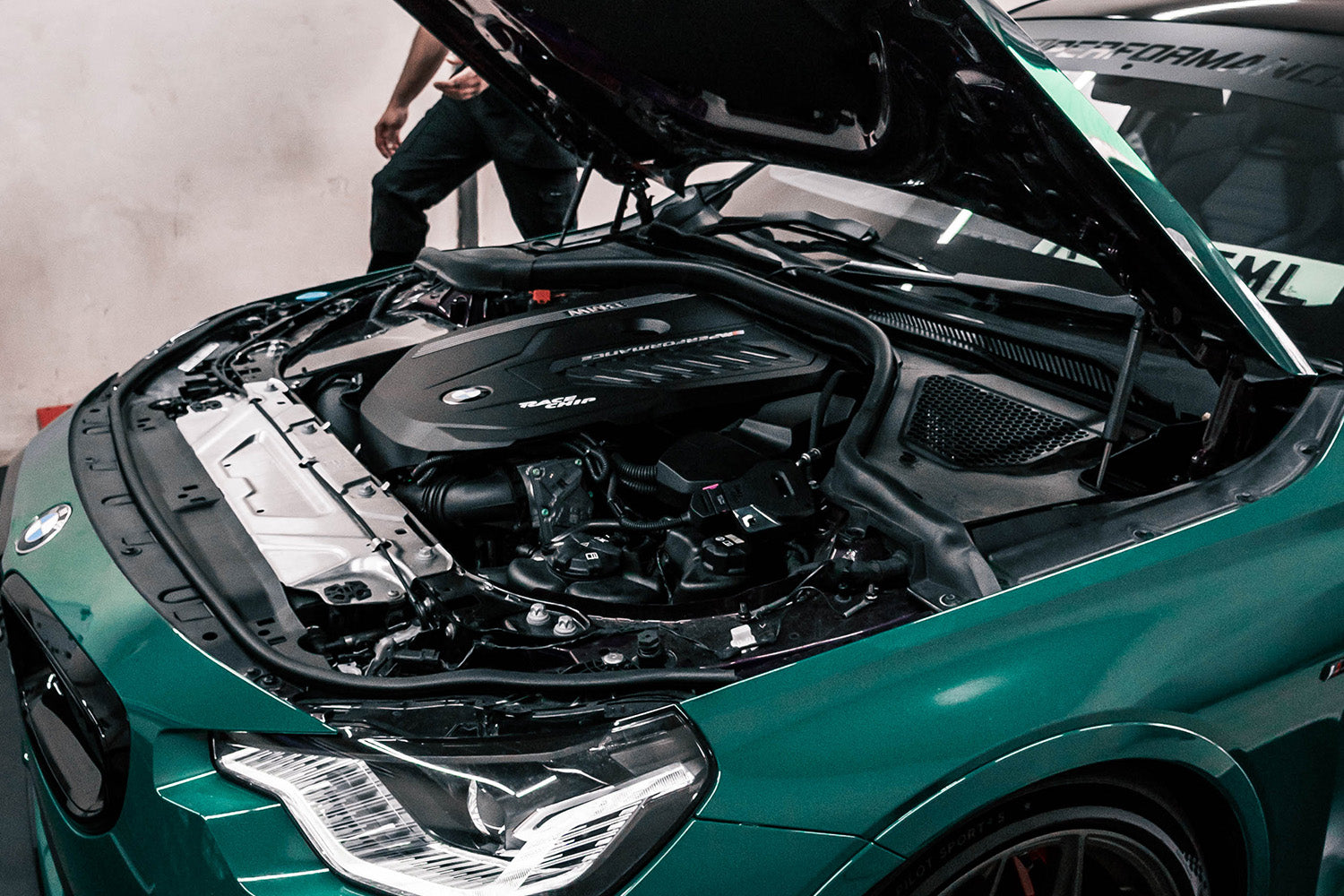Introducing the Intricacies of Next-Generation Power Units: a Deep Dive Into Advanced Engine Styles and Innovations
In the world of vehicle engineering, the ruthless quest of performance, sustainability, and performance has actually driven the evolution of power systems to unprecedented heights. As we base on the precipice of a brand-new era in transportation, the details of next-generation engine layouts beckon us to explore the innovative technologies and technologies that assure to redefine the driving experience. From advanced products that push the borders of longevity and weight reduction to sophisticated turbocharging and supercharging systems that elevate power result to brand-new degrees, each element of these power systems holds an essential to unlocking the future of vehicle design. Digging deeper right into the worlds of exhaust control, smart engine administration systems, and the horizon of power system advancement, we find ourselves on the cusp of a makeover that guarantees to reshape the landscape of wheelchair as we know it.
Evolution of Engine Materials

The change in the direction of advanced engine products has actually likewise made it possible for engineers to make engines with higher power outcomes while keeping gas efficiency criteria. As an example, the usage of light-weight products lowers the overall weight of the engine, leading to boosted gas economic climate and lower exhausts. In addition, innovations in products technology have permitted far better thermal administration within engines, resulting in boosted dependability and durability.
Turbocharging and Supercharging Technologies
How do Turbocharging and Supercharging Technologies transform engine efficiency and effectiveness in contemporary lorries? Turbo charging and turbocharging are modern technologies that dramatically improve engine efficiency by raising the amount of air consumption into the combustion chamber. Turbocharging accomplishes this by utilizing a turbine driven by exhaust gases to pressurize the intake air, while turbo charging makes use of a belt- or chain-driven compressor to achieve the exact same result.
These technologies make it possible for smaller, more fuel-efficient engines to produce power comparable to larger ones, called downsizing. Forcibly more air into the cylinders, turbo charging and turbocharging enhance combustion effectiveness, resulting in increased horse power and torque outcome without a substantial increase in engine dimension. This brings about far better acceleration, towing capacity, and overall driving performance.
Additionally, turbo charging and turbocharging add to boosted gas efficiency by allowing the usage of smaller engines that take in much less gas under typical driving conditions - bmw engine. This combination of boosted efficiency and performance has made turbocharging and turbo charging important components of numerous contemporary engine designs
Emission Control and Environmental Influence
With raising international concerns pertaining to air top quality and ecological sustainability, the implementation of exhaust control technologies in cars plays a critical role in lowering unsafe pollutants released into the environment. Modern lorries are furnished with innovative discharge control systems that assist lessen the environmental effect of auto procedures. Catalytic converters, for example, are made to my site transform harmful gases such as carbon monoxide gas, nitrogen oxides, and hydrocarbons right into less harmful materials like carbon dioxide and water vapor.
In addition, developments in engine innovation, such as the assimilation of exhaust gas recirculation systems and discerning catalytic reduction, have actually significantly added to lowering emissions. These innovations function in tandem to optimize burning efficiency and minimize the release of hazardous toxins right into the air. Additionally, the growth of hybrid and electric cars represents an important action towards decreasing the total ecological footprint of the transport market.
Intelligent Engine Monitoring Solution

In addition, these systems enable lorries to satisfy rigorous discharges criteria without endangering efficiency, providing a much more environmentally pleasant driving experience. The assimilation of expert system and machine discovering abilities in engine administration systems continues to press the limits of what is possible, resulting in additional renovations in efficiency, dependability, and general lorry performance. bmw engine. As auto innovation developments, intelligent engine management systems will certainly play a critical duty in forming the future of transport in the direction of an extra reliable and sustainable direction
Future Trends in Power Unit Advancement
As smart engine administration systems lead the method for boosted control and optimization in modern automobiles, future fads in power unit advancement are poised to redefine the landscape of automotive propulsion a knockout post innovations. Among the vital fads driving technology in power system development is the change in the direction of electrification. With a raising focus on sustainability and minimizing carbon discharges, hybrid and electrical powertrains are becoming much more prevalent in the vehicle sector. These alternate power resources provide boosted performance and performance while lining up with rigorous ecological regulations.
One more considerable pattern is the integration of sophisticated materials and manufacturing methods. Light-weight materials such as carbon fiber and aluminum are being made use of to decrease overall vehicle weight, boosting fuel performance and efficiency. In addition, advancements in 3D printing and additive production are enabling the manufacturing of complicated engine components with greater precision and sturdiness.
In addition, expert system and artificial intelligence are playing a crucial role in maximizing power system efficiency. These modern technologies allow for real-time Home Page monitoring and flexible control, causing much more reliable and reputable power shipment. On the whole, future fads in power system advancement are tailored in the direction of performance, sustainability, and effectiveness, driving the auto sector in the direction of a brand-new age of propulsion modern technologies.

Final Thought
In final thought, the developments in engine products, turbocharging, discharge control, and smart administration systems have actually led the way for next-generation power devices. These advancements have not just better efficiency and performance however also minimized ecological effect. As innovation proceeds to evolve, future trends in power unit development are likely to concentrate on additional boosting sustainability and enhancing power outcome. The intricate designs and advancements in modern-day engines showcase the ongoing development of automotive technology.
Exploring the progressive improvements in engine products has actually been pivotal in boosting the performance and performance of contemporary engines. Over the years, the development of engine products has played a critical function in pushing the borders of what engines can attain.The shift towards advanced engine materials has additionally enabled designers to create engines with greater power outputs while keeping fuel performance standards.The implementation of intelligent engine administration systems in contemporary cars has actually revolutionized the method engines are managed and optimized for performance and efficiency. By accumulating information in real-time and evaluating it with innovative formulas, smart engine monitoring systems can adjust to driving designs, ecological aspects, and engine health to optimize power output while minimizing fuel usage and emissions.